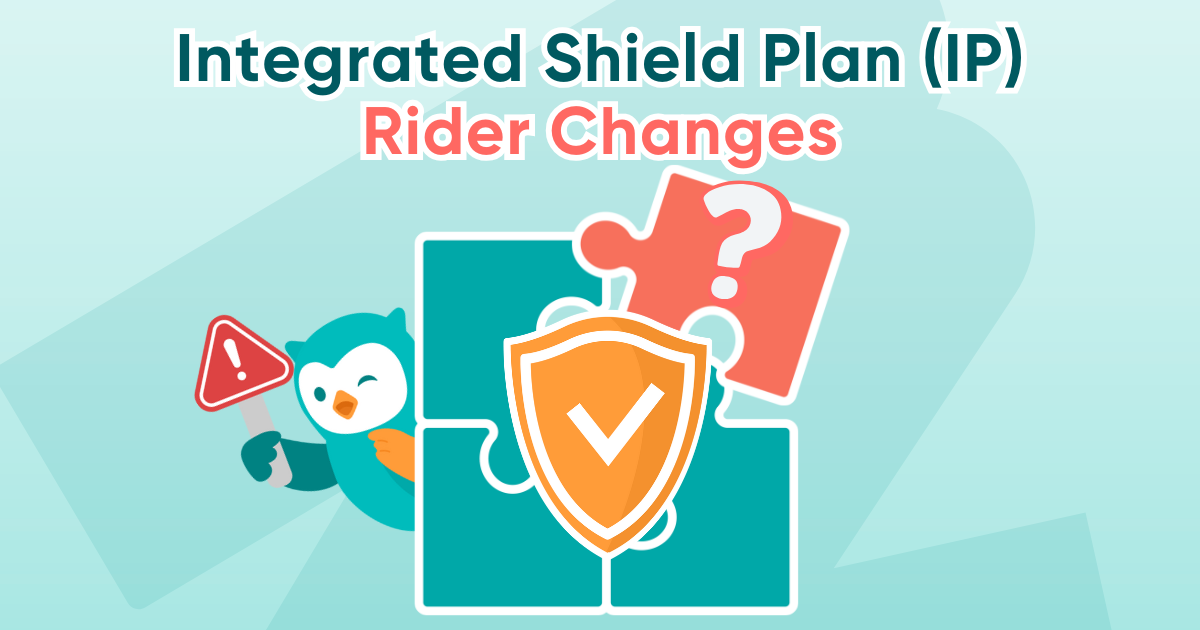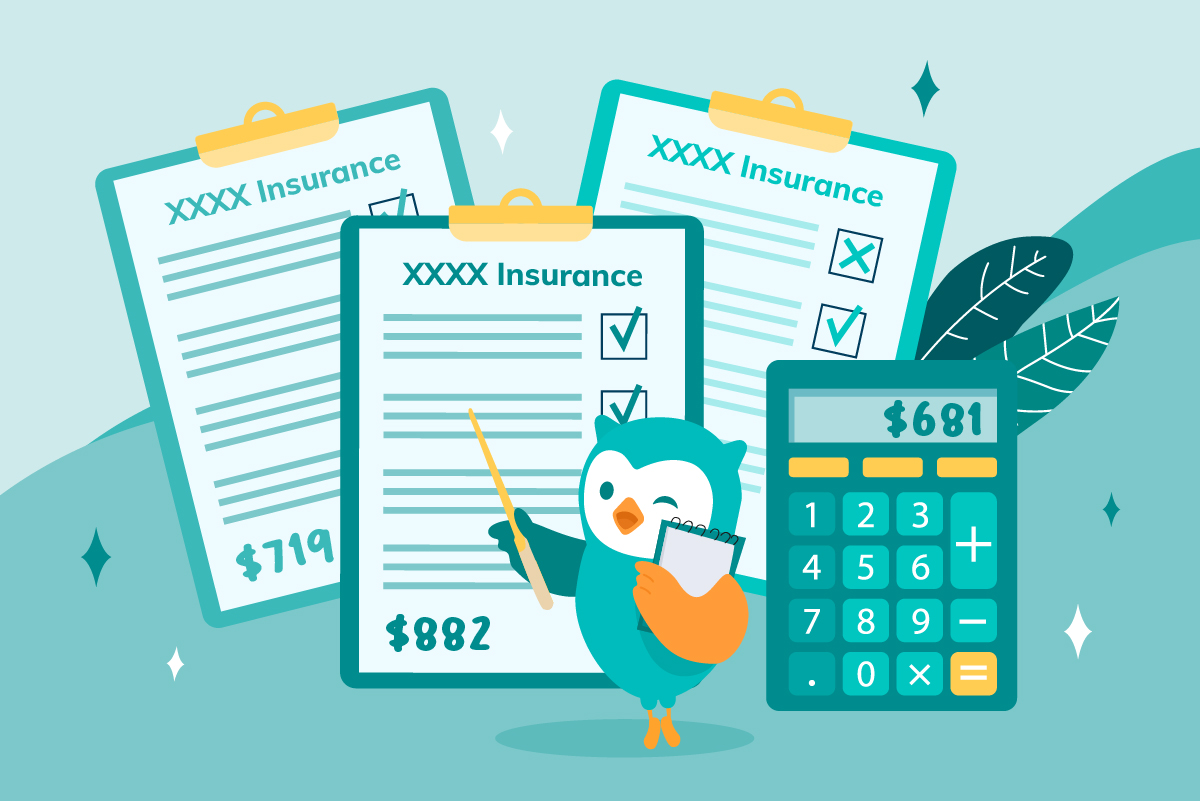Note: It was announced in November 2023 that MoneyOwl will be acquired by Temasek Trust to serve communities under a re-purposed model, and will move away from direct sale of financial products. The article is retained with original information relevant as at the date of the article only, and any mention of products or promotions is retained for reference purposes only.
______________
In this month’s Ask Me Anything, we answer all your early critical illness insurance questions!
Question: Is ECI useful if I have a family history of cancer?
Family history should not be a determinant of whether you should have early critical illness (ECI) coverage or not.
Regardless of family history, coverage for Critical Illness (CI), be it for early or advanced stages, serves as income replacement when one is down from work. This is so that the clients can recover with peace of mind that their ongoing expenses and liabilities are paid for. With this source of income replacement from the payout, clients will not be required to liquidate existing investments or tap on their savings to pay for ongoing outflows.
How much CI coverage is needed depends on the severity. For advanced stage CI, it is 3-5 years of annual income whereas, for early CI, it is 1-2 years of annual income. The number of years one gets covered is also the number of years clients can take a break from work to recuperate. That said, ECI coverage may be costly, depending on the age of entry to the plan, therefore clients may want to prioritise getting the advanced stage CI covered first and then getting coverage for ECI if their financial circumstances allow it.
– Client Adviser Anton
Question: As a 45-year-old, early critical illness plans are expensive. So how important is it to buy these plans?
Early Critical Illness is always a second priority, especially for middle-aged clients because it is expensive. We only recommend Early Critical Illness coverage if your budget allows it.
The more prioritised insurance is having critical illness to cover for more severe stage critical illness. That means stage 3 or stage 4 cancer. This is when cancer has become invasive and is spreading to other parts of the body.
When severe stage critical illness happens, the body will become too weak to work due to chemotherapy. It forces one to take time off from work, so they can have more time to recuperate from the illness.
Critical illness insurance pays out a lump sum of money to replace the loss of income, so one can continue to pay for their living expenses and alternative treatment that is not covered inside the hospitalisation plan.
Early Critical Illness (ECI) coverage is more comprehensive because it covers all stages of critical illness, such as early, intermediate and severe stages of critical illness. It is definitely good to have so one can have an early payout thus having more resources for alternative treatment. However, if the premium is too expensive and beyond your means, then it is not appropriate according to their needs. When buying an insurance policy, we advise clients to strike a balance between sufficient coverage and sustainable premium. This ensures our clients can afford the premium for the whole coverage duration and only then can our clients continue to enjoy the insurance coverage.
– Client Adviser Miya
Questions: What should I look out for in an ECI plan?
ECI (Early Criticial Illness) plans ensure a payout even when there is a diagnosis of an early-stage critical illness. However, some insurers might have more or fewer types of ECI coverage under their plans. Therefore, it is important to go through the lists and narrow down the best-suited coverage in terms of its comprehensiveness.
There are also 2 types of ECI plans – single-pay and multi-pay plans. A multi-pay ECI plan allows you to make multiple claims depending on the severity of CIs and recurring CIs (subjected to a waiting period). A single-pay ECI plan pays out only once and the policy will lapse upon a successful claim.
– Client Adviser Axel
Have a question of your own? Write in to askmeanything@dev.moneyowl.com.sg and look out for our Moneyowl answers in upcoming months. We also have a live AMA session on Instagram – so follow us now for more updates!




